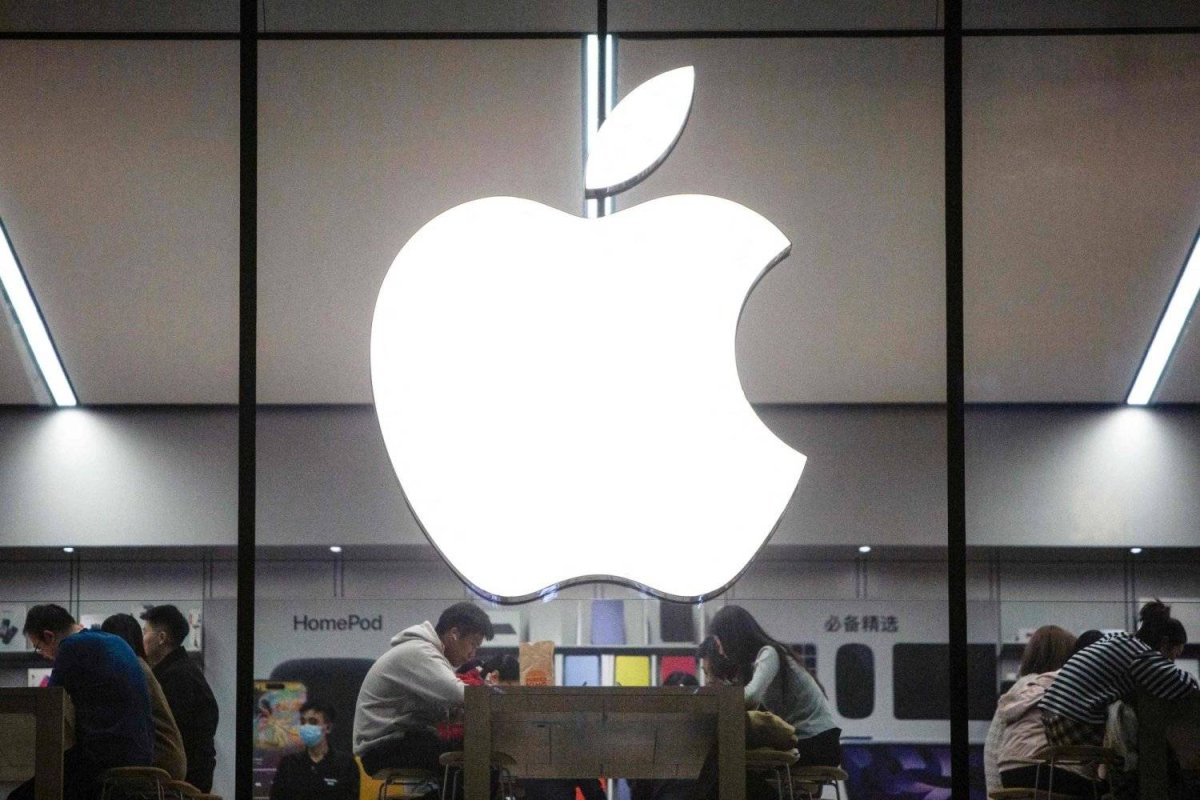The EU will detail Apple’s requirements for enhancing interoperability with key features like notifications and device connectivity.
EU antitrust regulators have initiated proceedings aimed at ensuring Apple adheres to the groundbreaking rules established by the Digital Markets Act (DMA). This initiative, launched on Thursday, signifies a pivotal step toward promoting competition in the tech industry, specifically targeting Apple’s historically closed ecosystem. The DMA, which came into effect last year, mandates that major tech companies, identified as “gatekeepers,” must allow third-party services and applications to interact with their platforms. Failure to comply could result in substantial fines for Apple.
Under these new “specification proceedings,” the European Commission will outline the specific measures Apple needs to take to fulfill its interoperability obligations. This includes providing effective interoperability for critical functionalities like notifications, device pairing, and connectivity. The aim is to facilitate a more open environment where users can seamlessly integrate services from various providers without being locked into Apple’s ecosystem. EU antitrust chief Margrethe Vestager emphasized that this is the first time the DMA is being actively enforced through such proceedings, highlighting the EU’s commitment to fostering a competitive landscape in the tech industry.
The proceedings come in response to concerns that Apple’s closed ecosystem restricts competition and stifles innovation. By requiring Apple to make its services more accessible, the EU hopes to empower consumers with more choices and encourage the development of alternative services. This move aligns with the broader objectives of the DMA, which seeks to curb the monopolistic practices of large tech firms and ensure that they operate fairly in the marketplace.

In her statement, Vestager reiterated the importance of constructive dialogue between regulators and companies like Apple. The EU aims to work collaboratively with Apple to ensure compliance with the DMA, emphasizing that the specification proceedings are designed not only to enforce the rules but also to guide companies toward effective implementation. This approach reflects the EU’s strategy of promoting dialogue rather than solely punitive measures.
As the proceedings unfold, Apple will need to adapt its business practices to align with the EU’s expectations. This may involve significant changes to how its software and services interact with third-party applications, which could ultimately reshape the user experience for millions of Apple device owners. The outcome of these proceedings will be closely monitored, as they could set a precedent for how other tech giants are regulated under the DMA.
The EU’s initiative is part of a broader trend in global regulatory efforts to rein in the power of big tech companies. With increasing scrutiny from regulators around the world, Apple and its peers will need to navigate a complex landscape of compliance and adaptation. As the technology sector continues to evolve, the implications of the EU’s actions could have far-reaching effects on how tech companies operate and compete in the market.
















